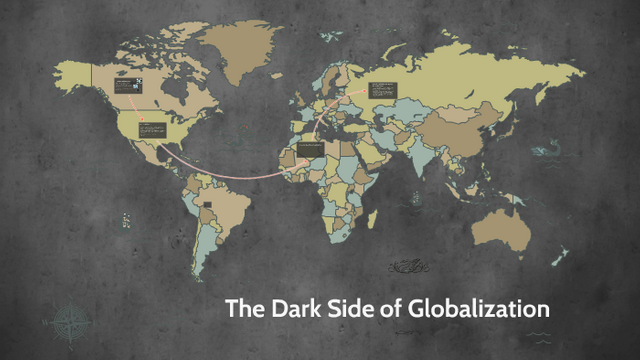
In the complex tapestry of global affairs, the intertwining threads of globalization and terrorism weave a controversial narrative. The effects of globalization on the dynamics of terrorism have sparked debates on whether increased interconnectedness fosters cooperation or creates breeding grounds for extremist ideologies. This essay aims to delve into the contentious relationship between globalization and terrorism, exploring both sides of the argument and offering insights into the nuanced nature of this multifaceted issue.
The Positive Facets of Globalization:
Economic Interdependence:
One of the primary arguments supporting the positive impact of globalization on counterterrorism efforts revolves around economic interdependence. Proponents argue that as nations become more economically connected, the stakes of engaging in acts of terrorism rise. A disruption caused by terrorist activities can have cascading effects on global markets, discouraging nations from supporting or harboring terrorist organizations.
Information Exchange and Intelligence Sharing:
Globalization has significantly improved the speed and efficiency of information exchange and intelligence sharing among nations. Collaborative efforts, facilitated by global interconnectedness, allow for swift responses to emerging threats. International alliances and intelligence partnerships have been formed to counteract the global reach of terrorist organizations, showcasing the potential for positive collaboration.
Cultural Exchange and Understanding:
Increased cultural exchange and interconnectedness through globalization are often hailed as mechanisms to foster understanding and tolerance among diverse societies. Cultural dialogue and exposure can potentially mitigate extremist ideologies by promoting empathy and dismantling stereotypes. The argument here is that a more interconnected world provides opportunities for peaceful coexistence and shared values.
The Dark Side of Globalization:
Economic Disparities and Marginalization:
On the flip side, globalization has been criticized for exacerbating economic disparities, leading to social unrest and marginalization. Some argue that this inequality can create fertile ground for the recruitment of individuals into extremist groups. Terrorism, in this view, becomes a response to economic injustice perpetuated by global economic systems.
Erosion of Cultural Identity:
As globalization brings cultures closer, critics contend that it may also lead to the erosion of cultural identity. The clash between global and local values can create tensions, contributing to radicalization as communities seek to preserve their traditions against perceived threats. This cultural friction can manifest in various forms, including acts of terrorism driven by a desire to protect one's cultural heritage.
Technological Advancements and Cyberterrorism:
The rapid advancements in technology facilitated by globalization have introduced new avenues for terrorism. Cyberterrorism, in particular, leverages the interconnectedness of the digital world to disrupt critical infrastructure and sow chaos. The borderless nature of cyberspace challenges traditional counterterrorism measures, highlighting a dark facet of globalization.
Conclusion:
The relationship between globalization and terrorism is undeniably intricate, with both positive and negative dimensions. While economic interdependence and information exchange hold promise for global security, the economic disparities and cultural tensions exacerbated by globalization pose significant challenges. Striking a balance between the positive and negative aspects of globalization requires a nuanced and comprehensive approach.
As we navigate the complexities of a globalized world, it is essential to recognize that the roots of terrorism are multifaceted, stemming from economic, social, and political factors. Addressing the global terrorism challenge necessitates cooperative efforts that go beyond borders, seeking solutions that address the root causes of extremism while fostering a more inclusive and just global society. The debate on globalization and terrorism remains ongoing, inviting scholars, policymakers, and the public to critically examine the complexities that define our interconnected world.